
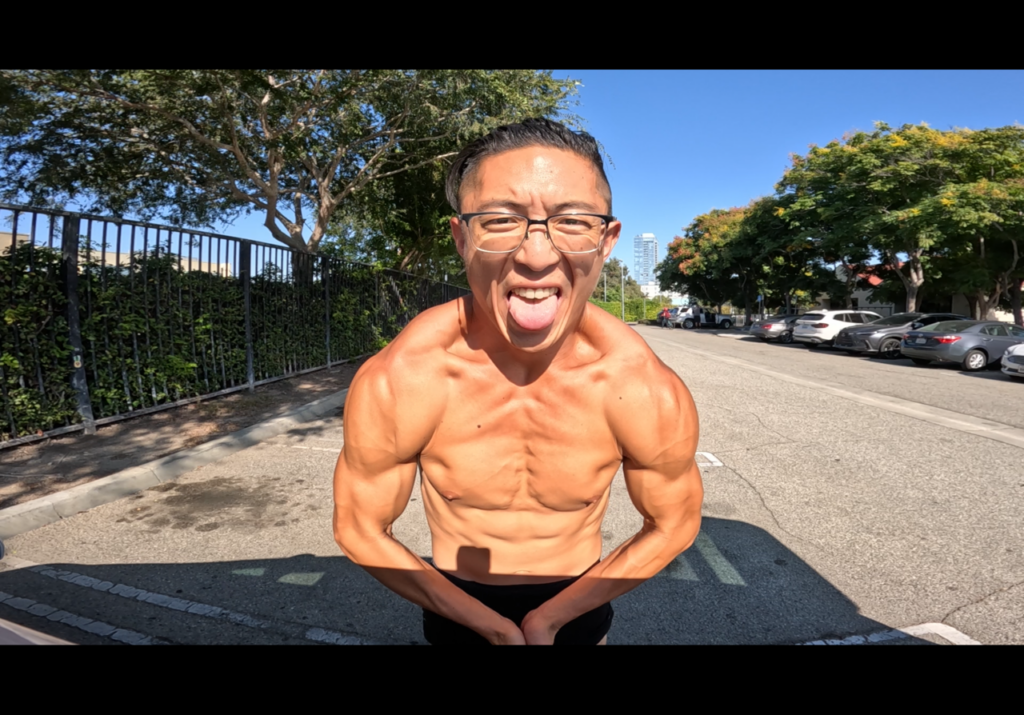
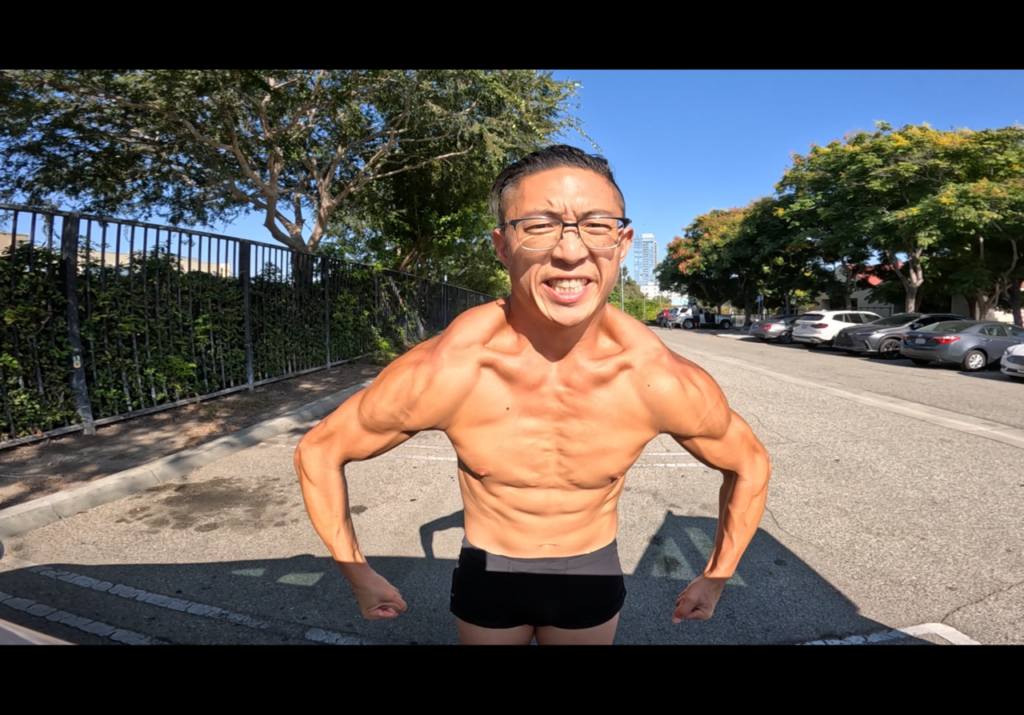


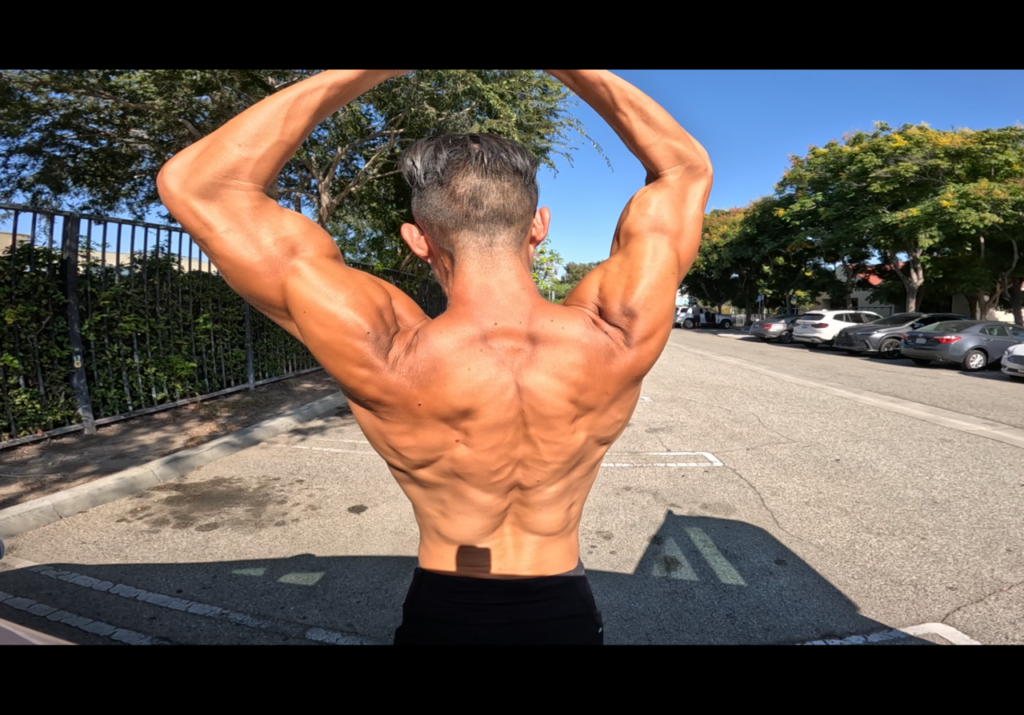


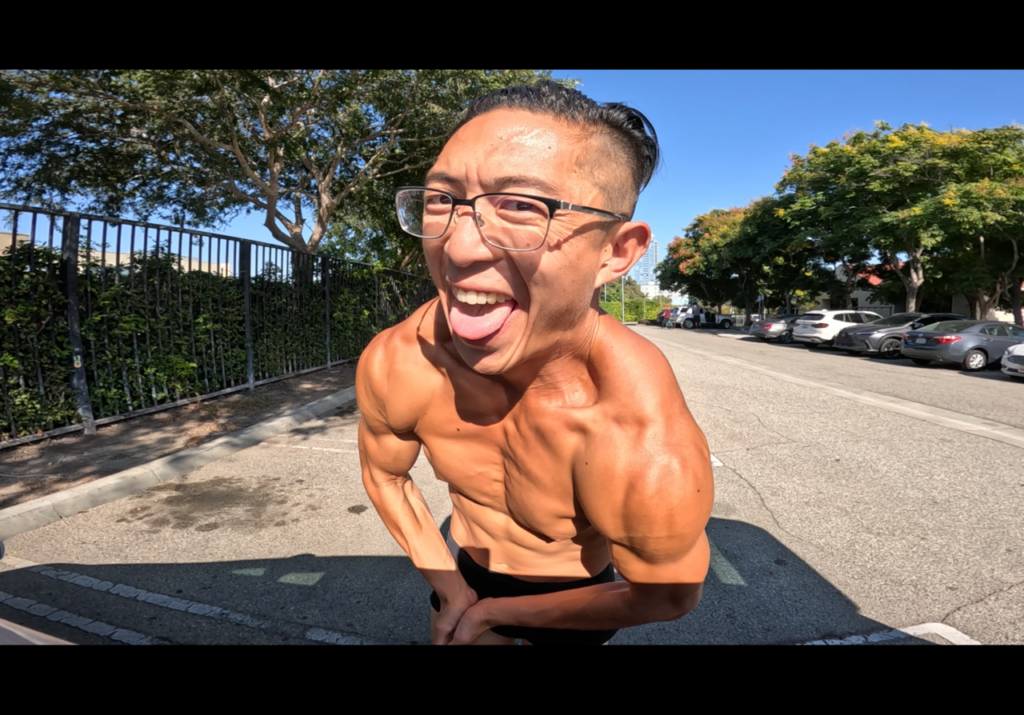
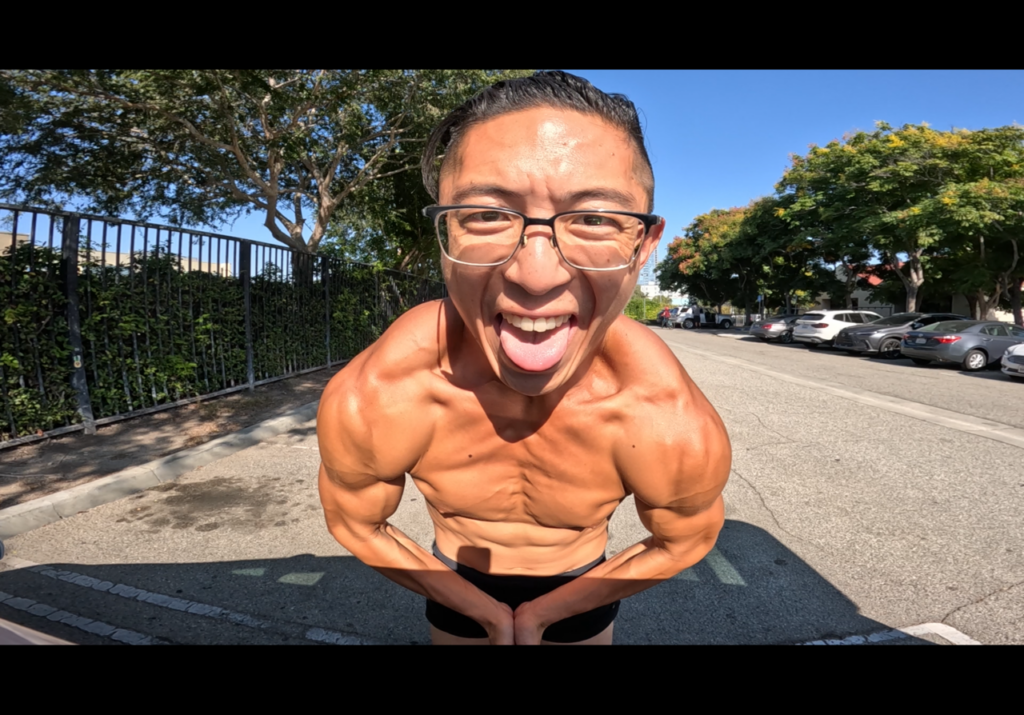
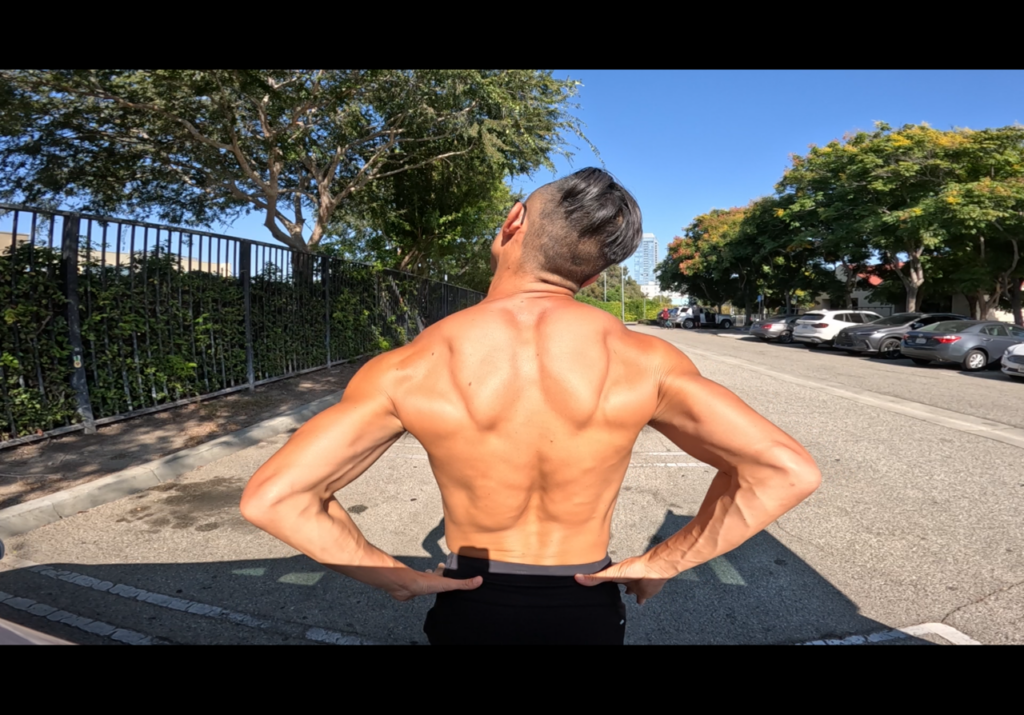
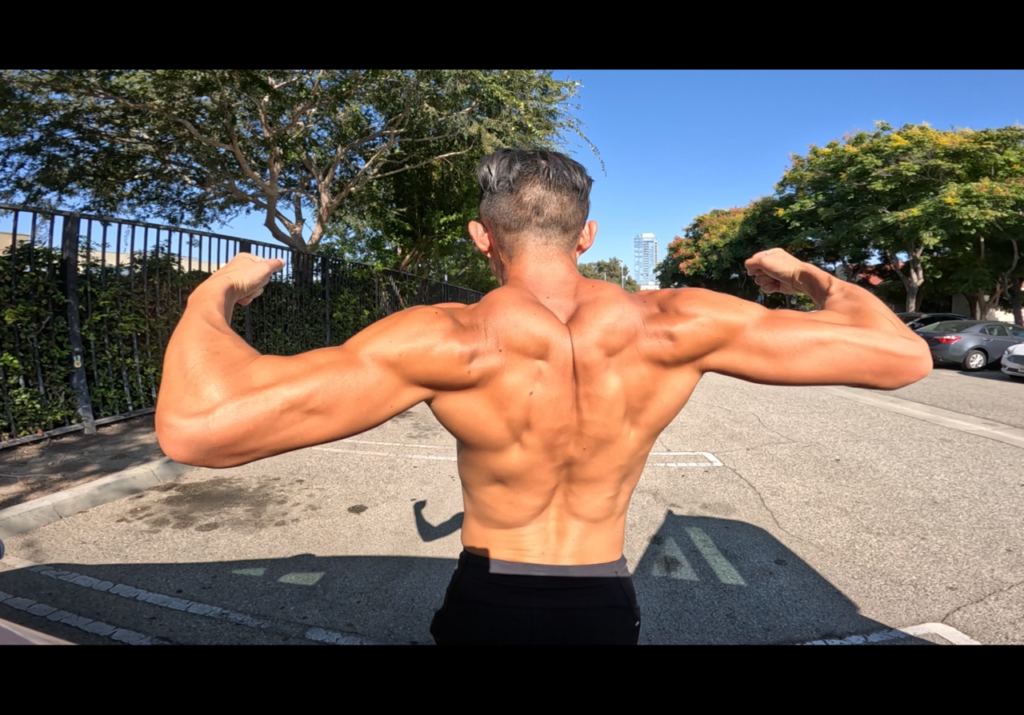
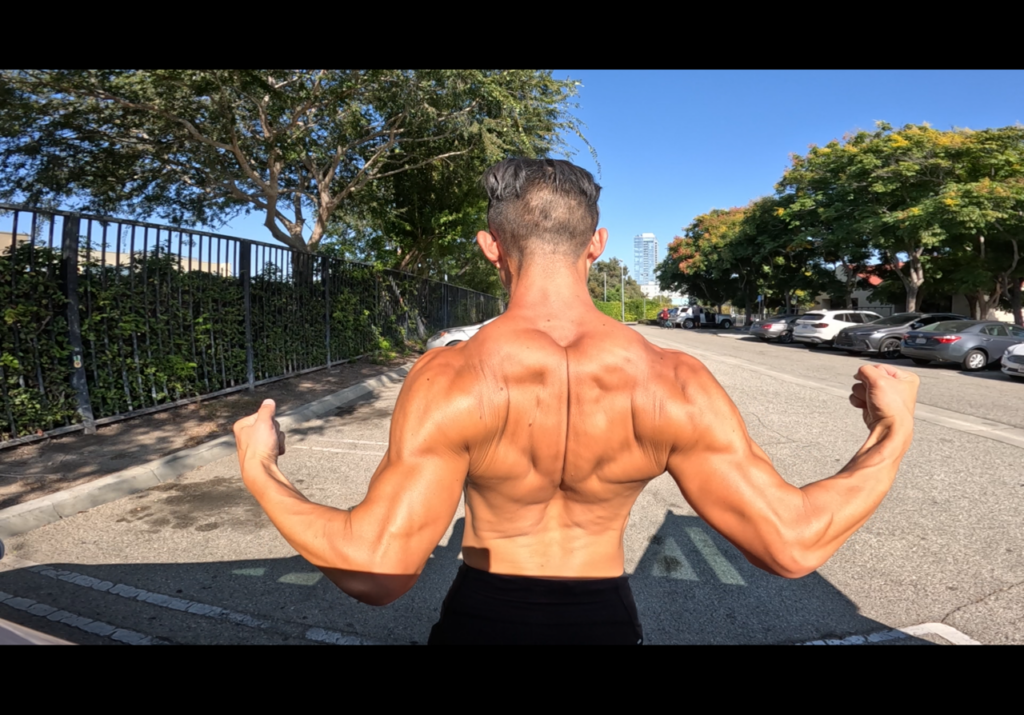
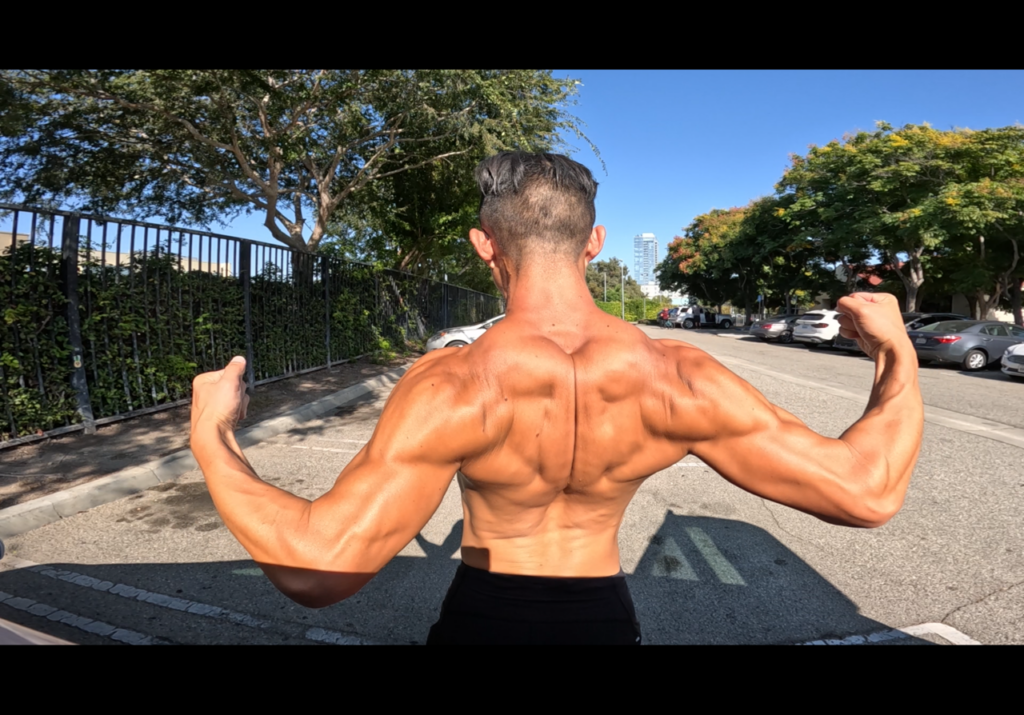
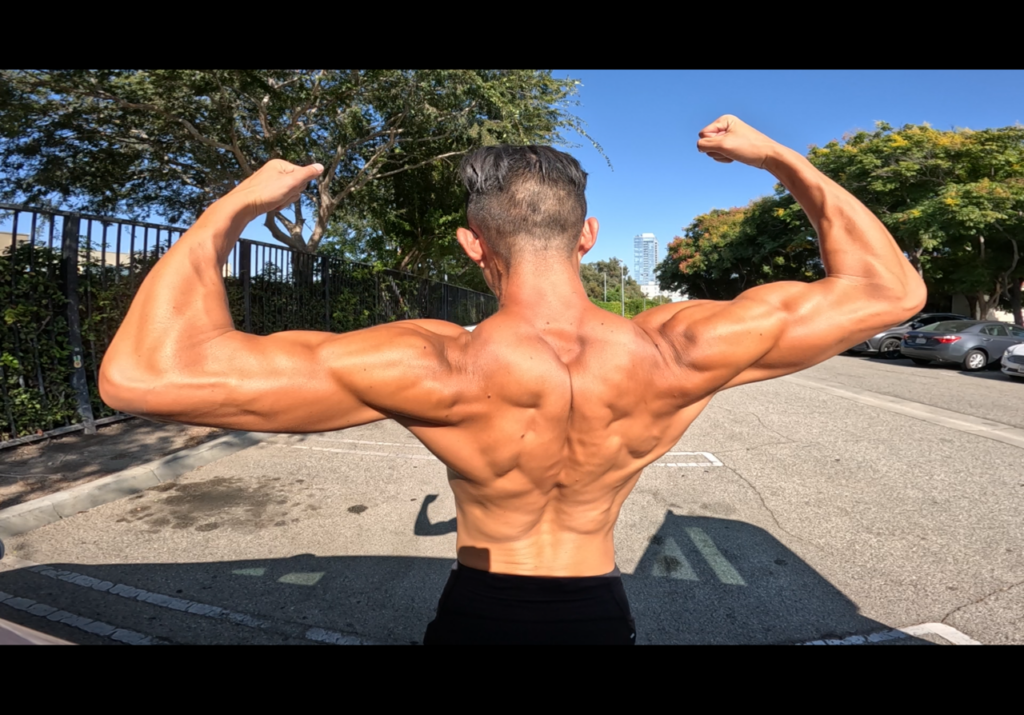


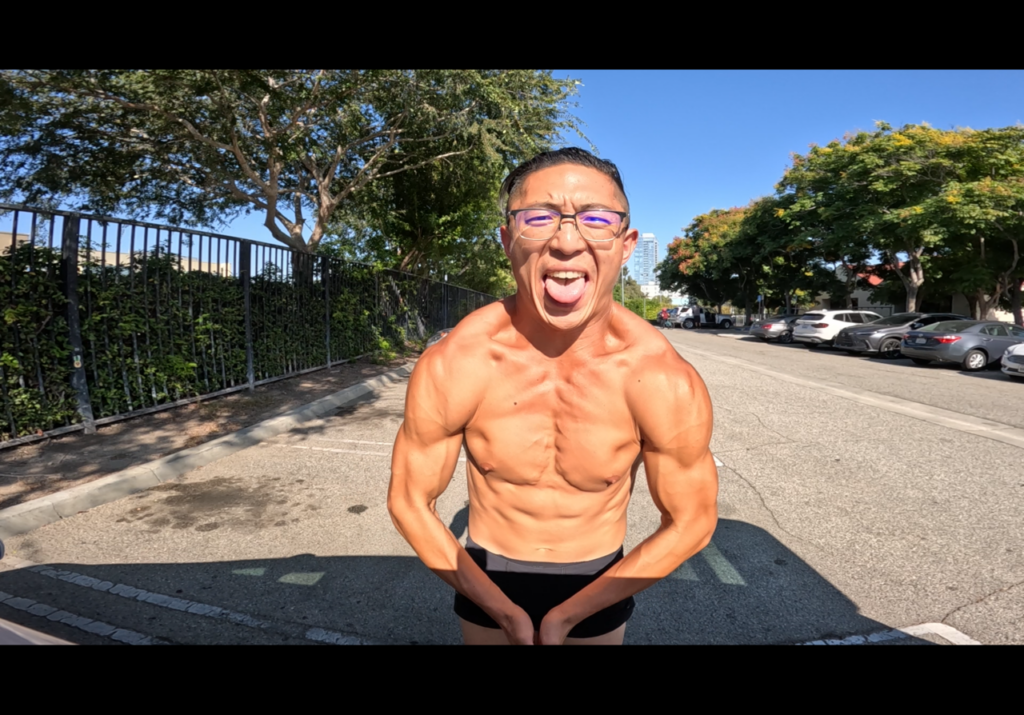


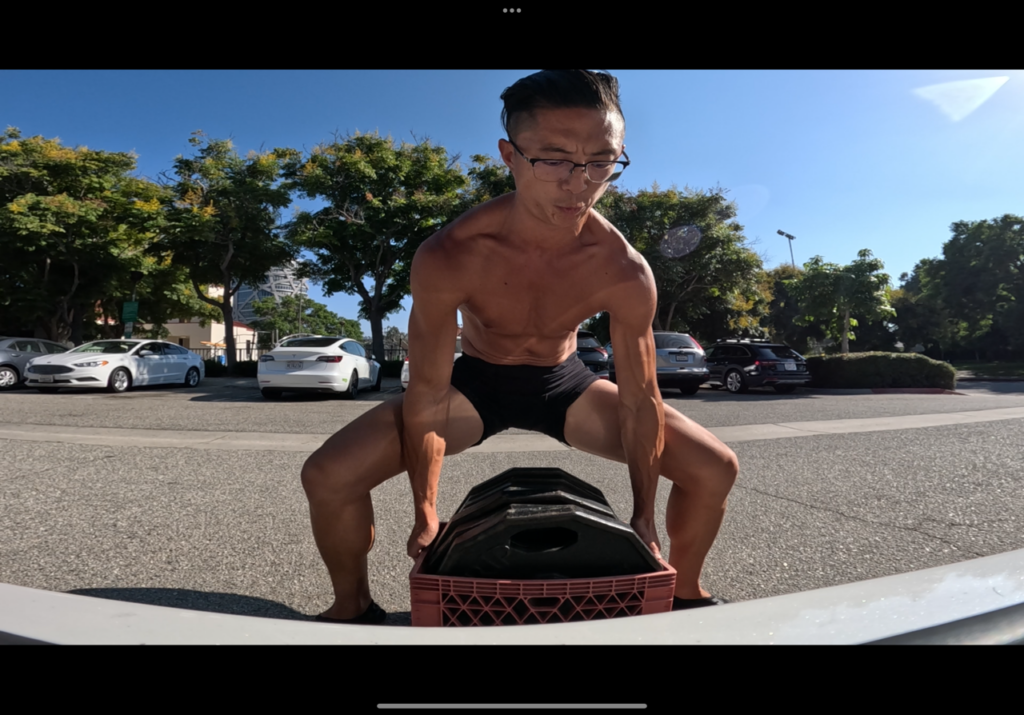

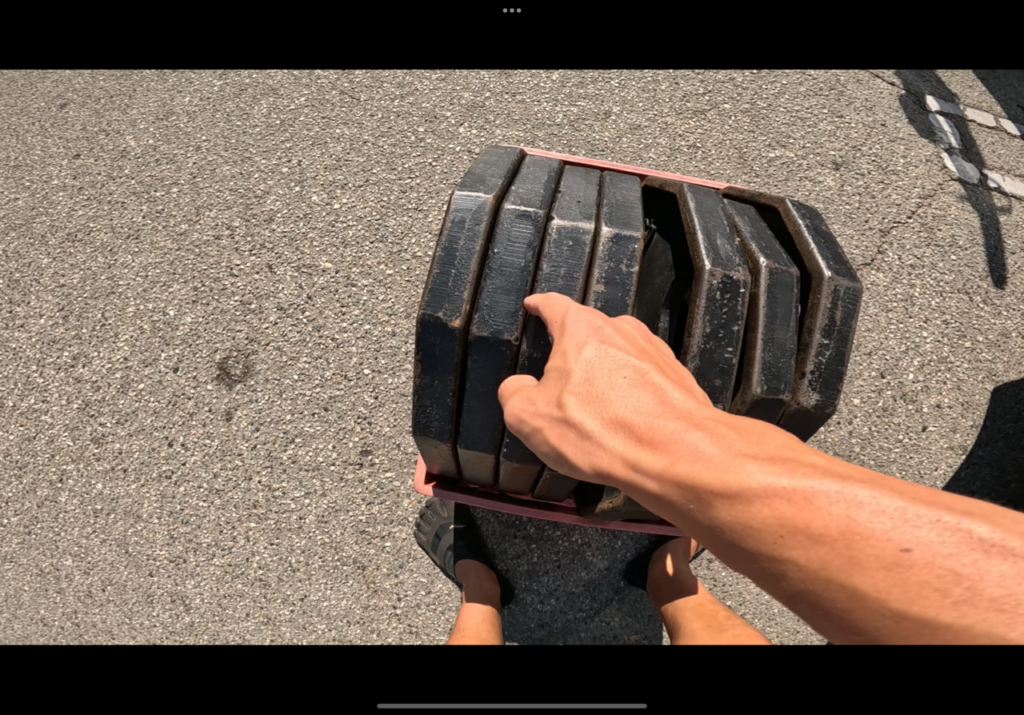

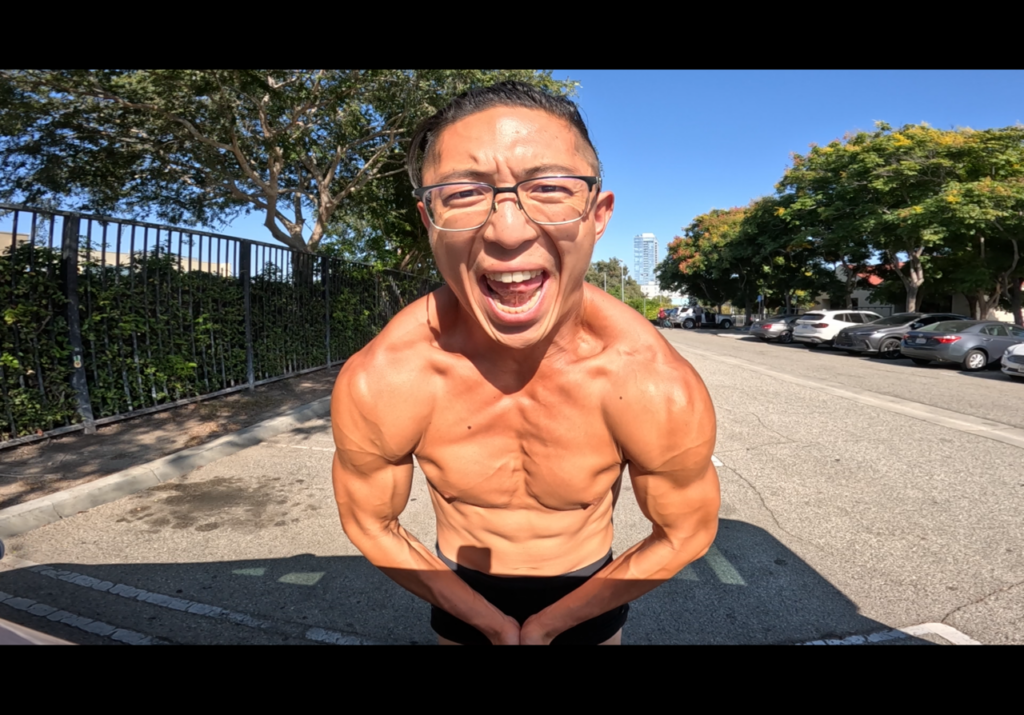
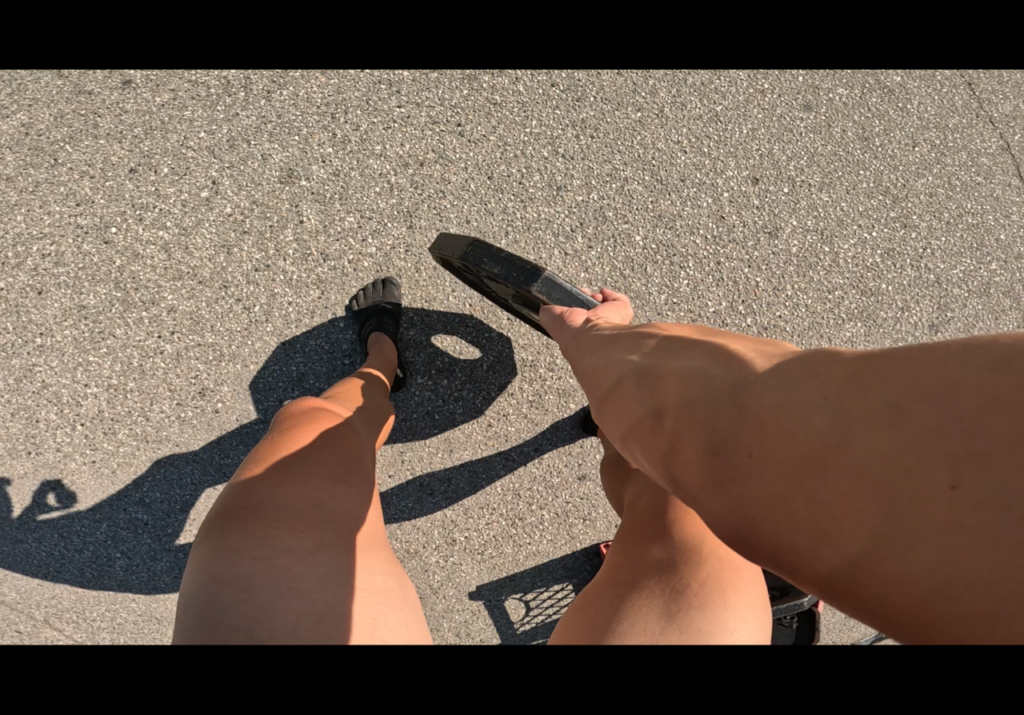
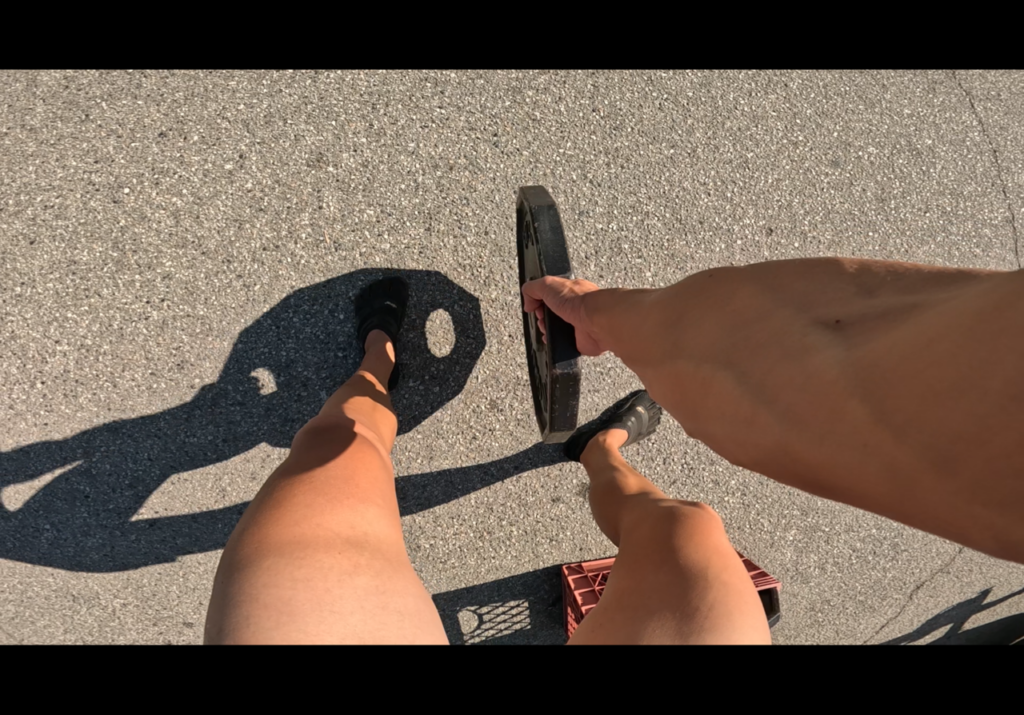

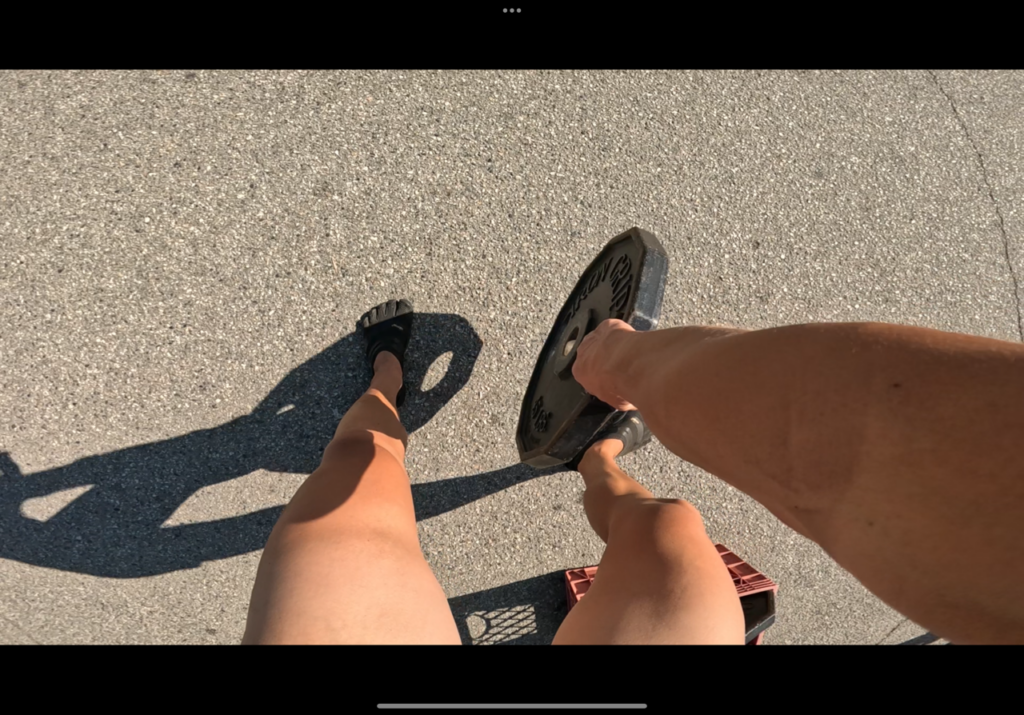
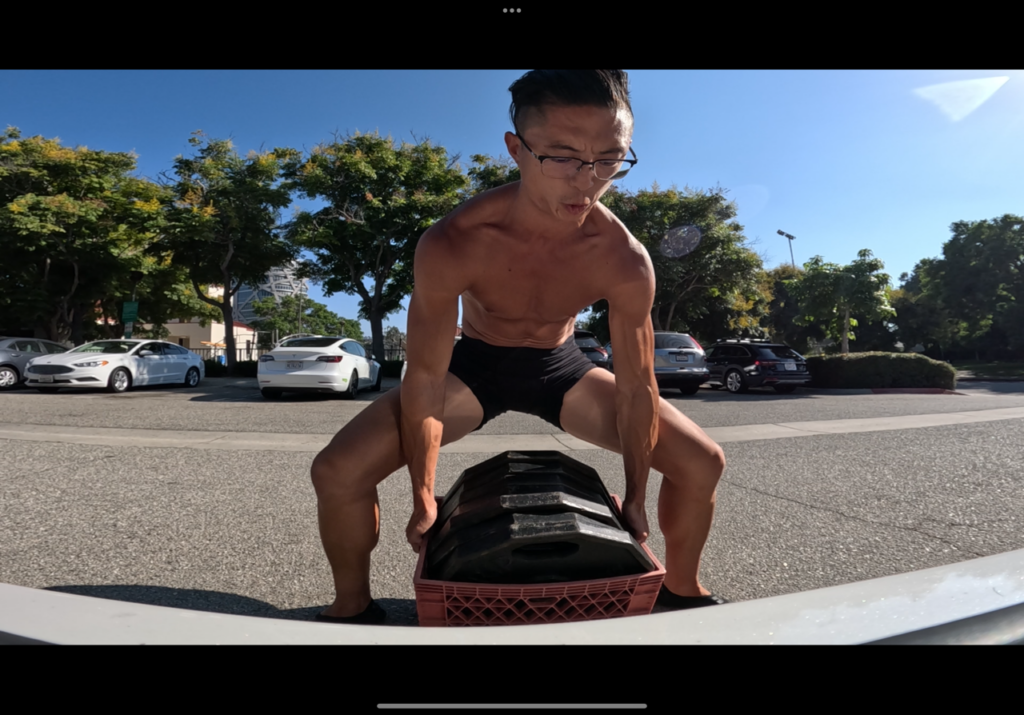
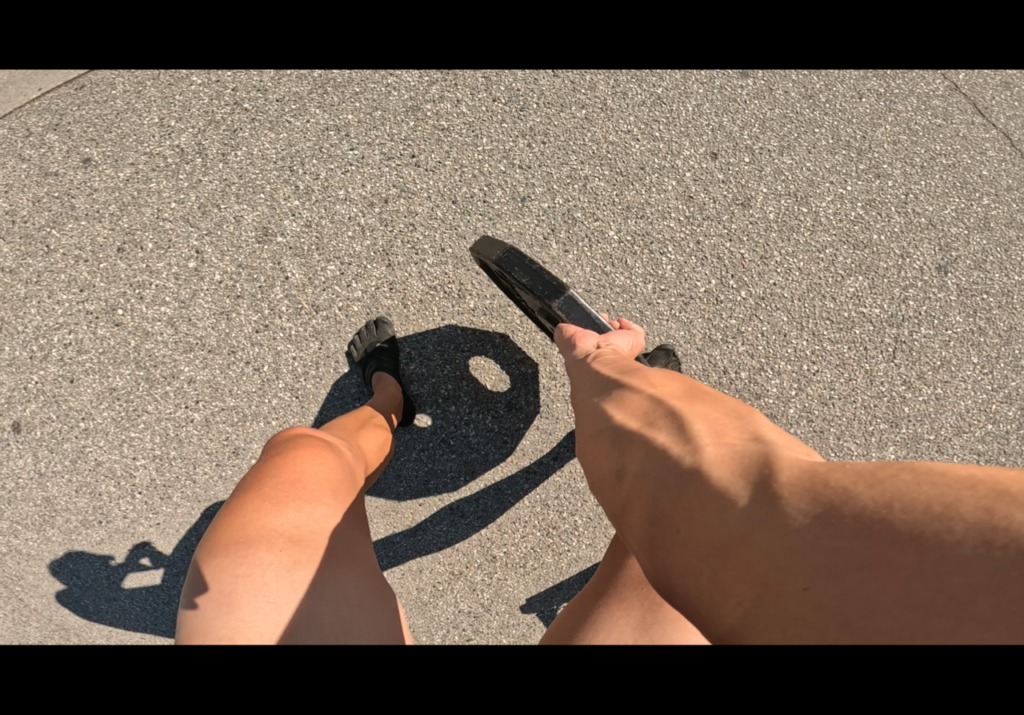
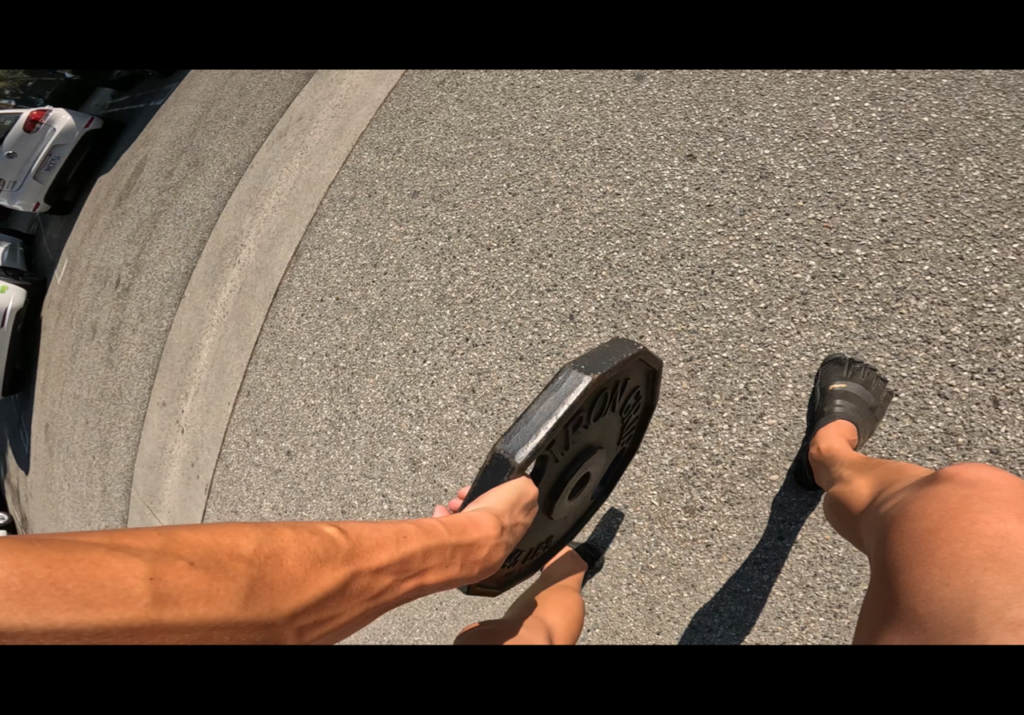

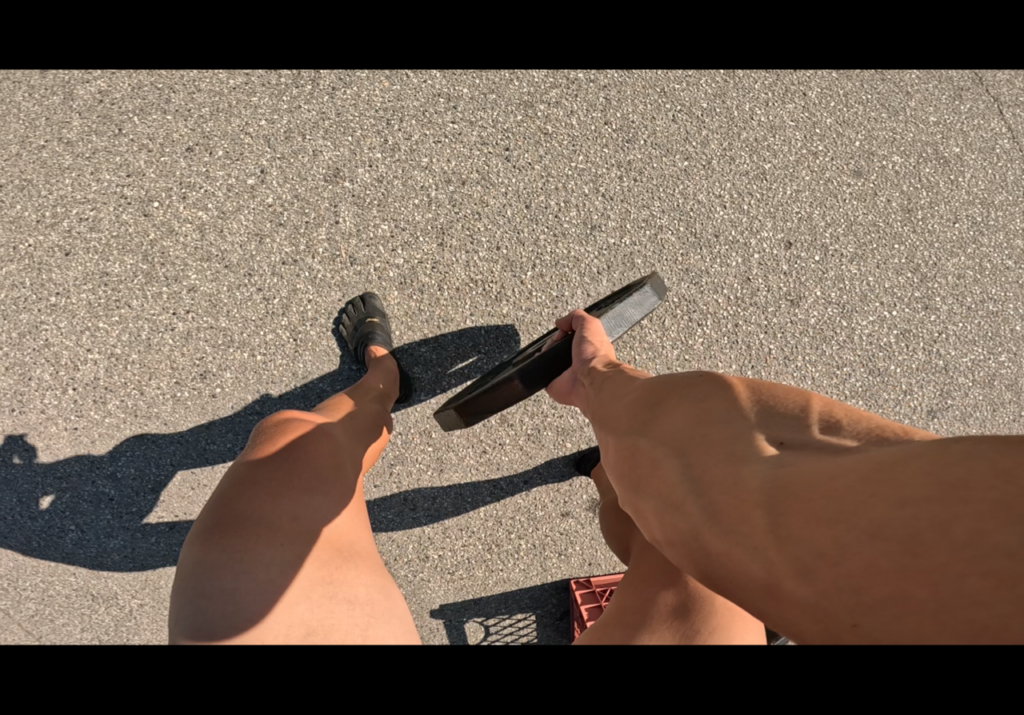
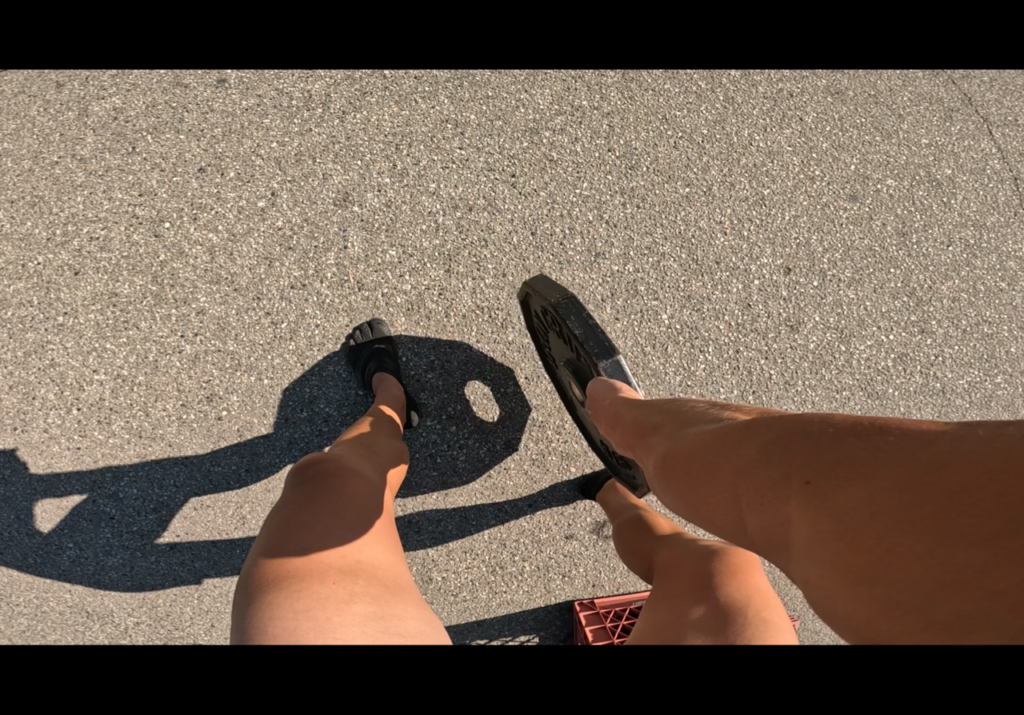
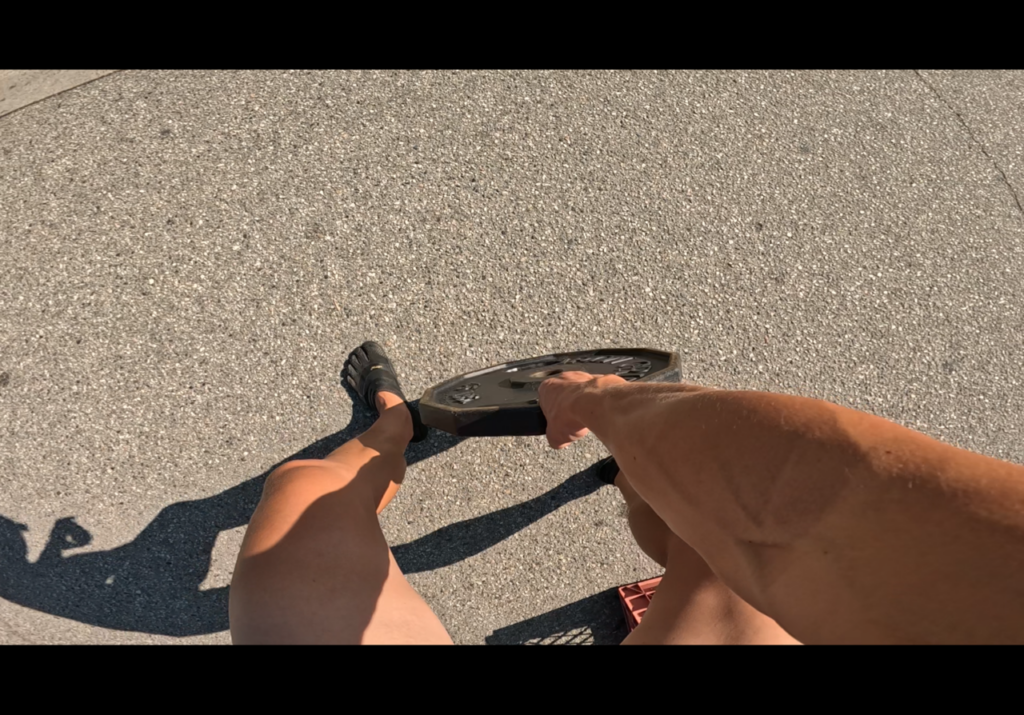
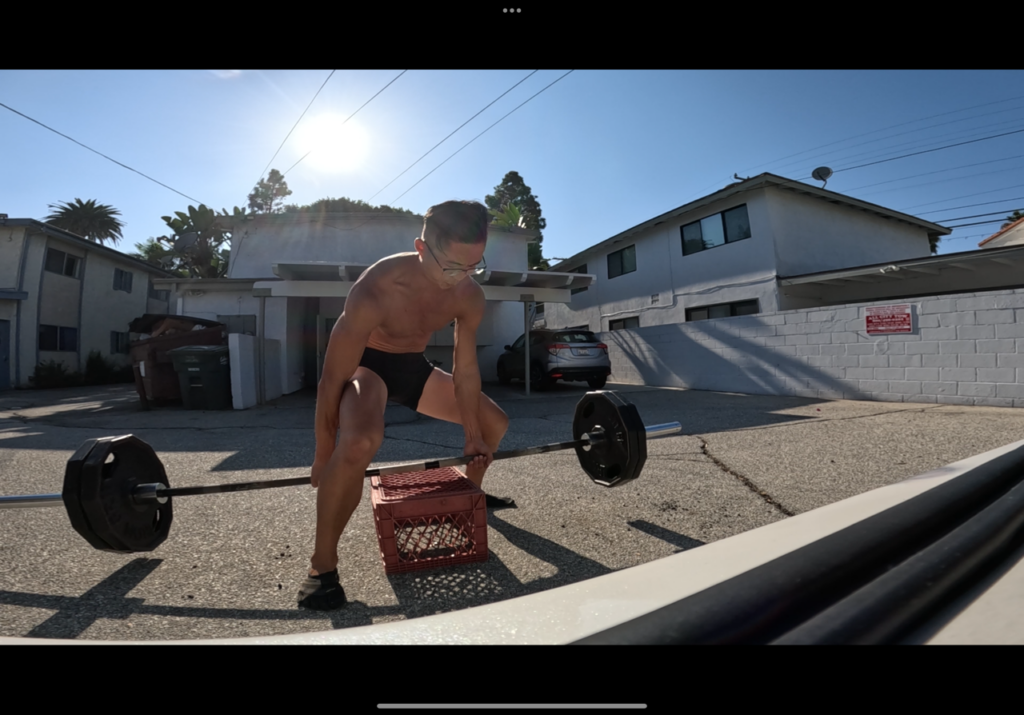
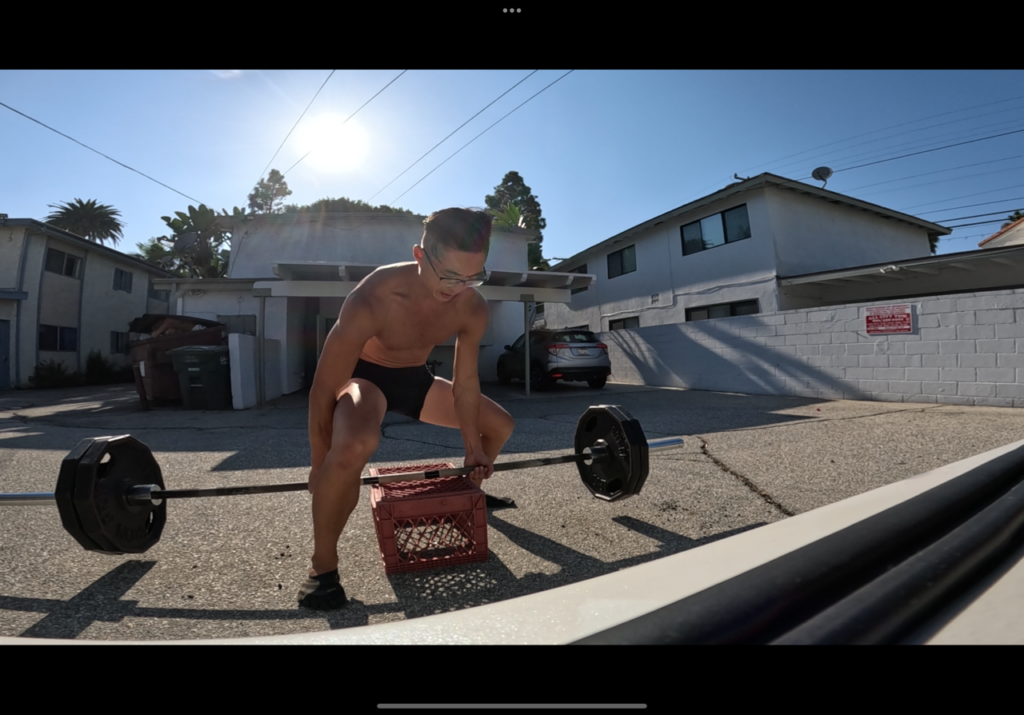
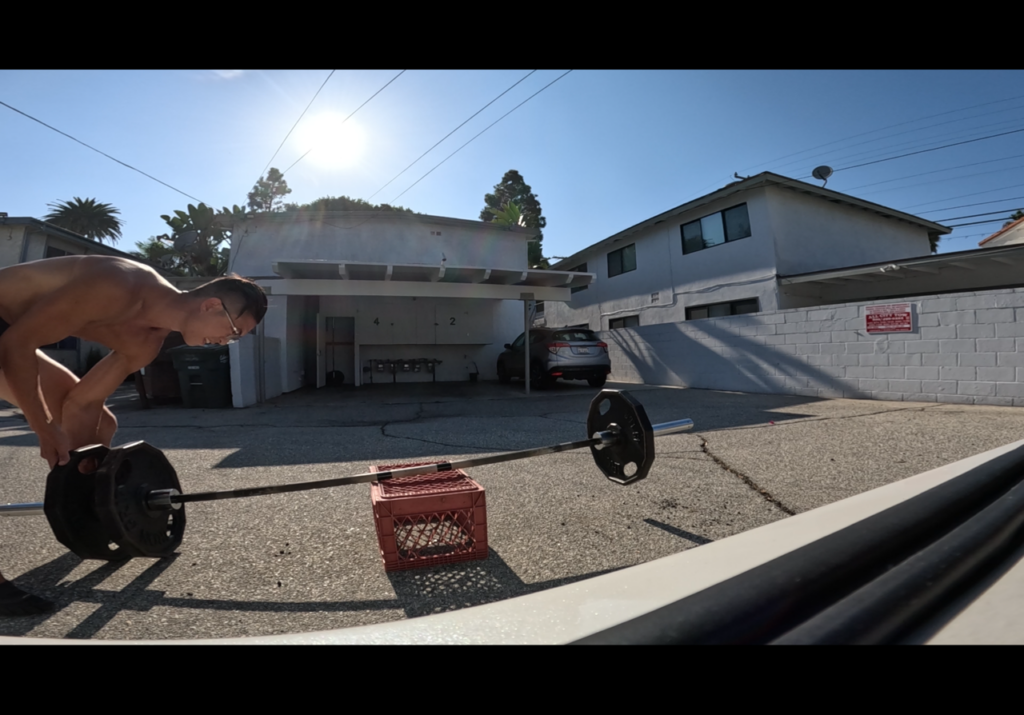
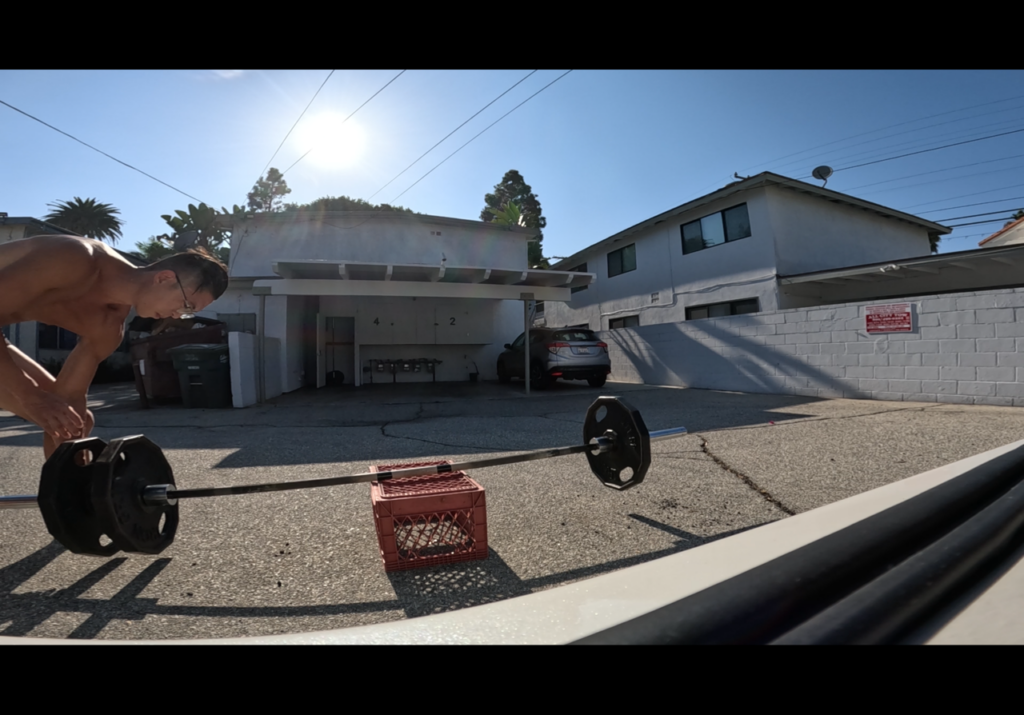
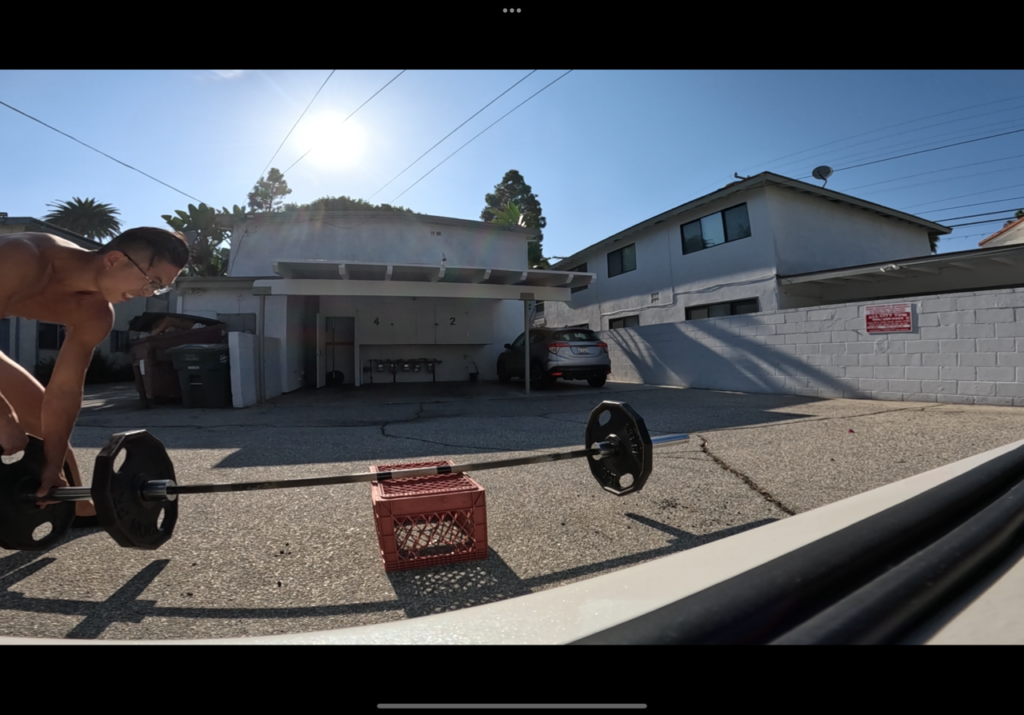
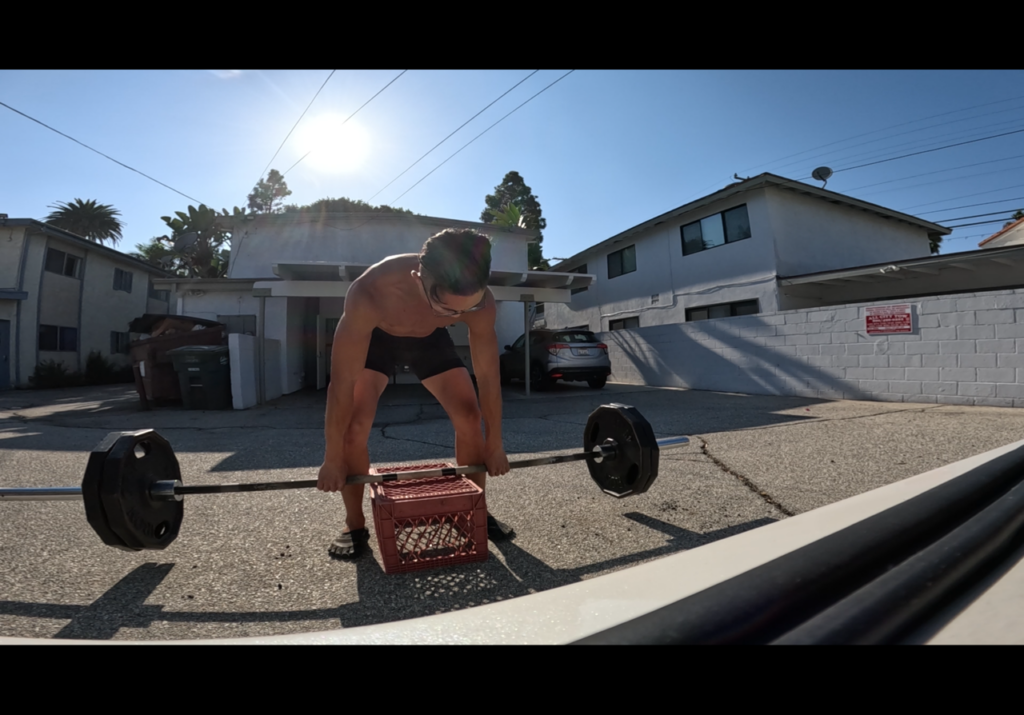
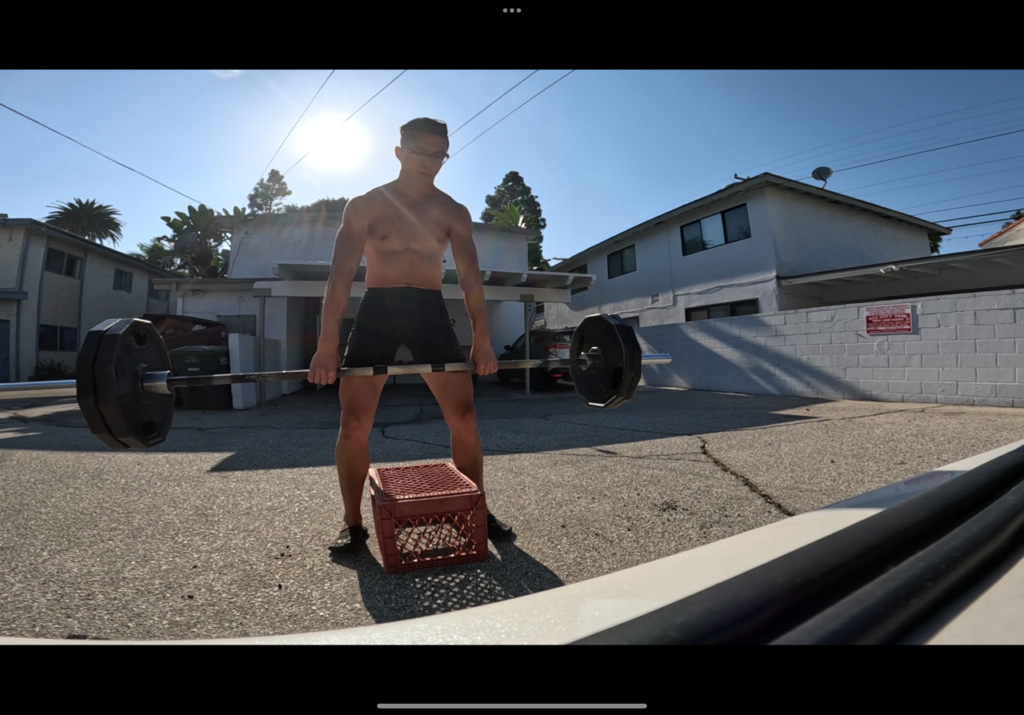

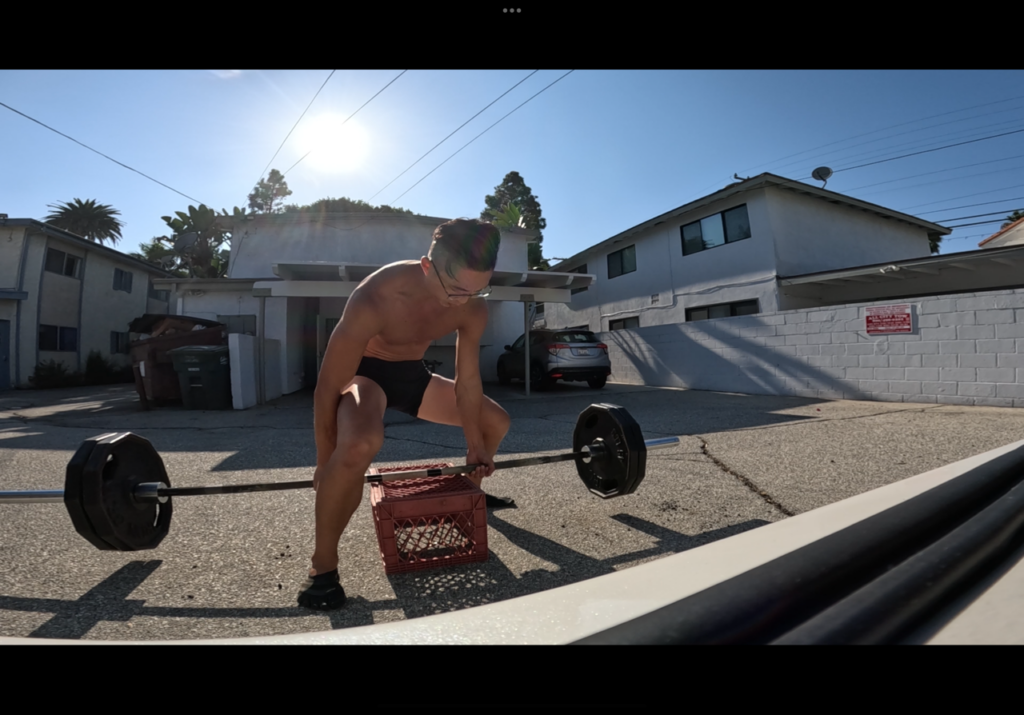
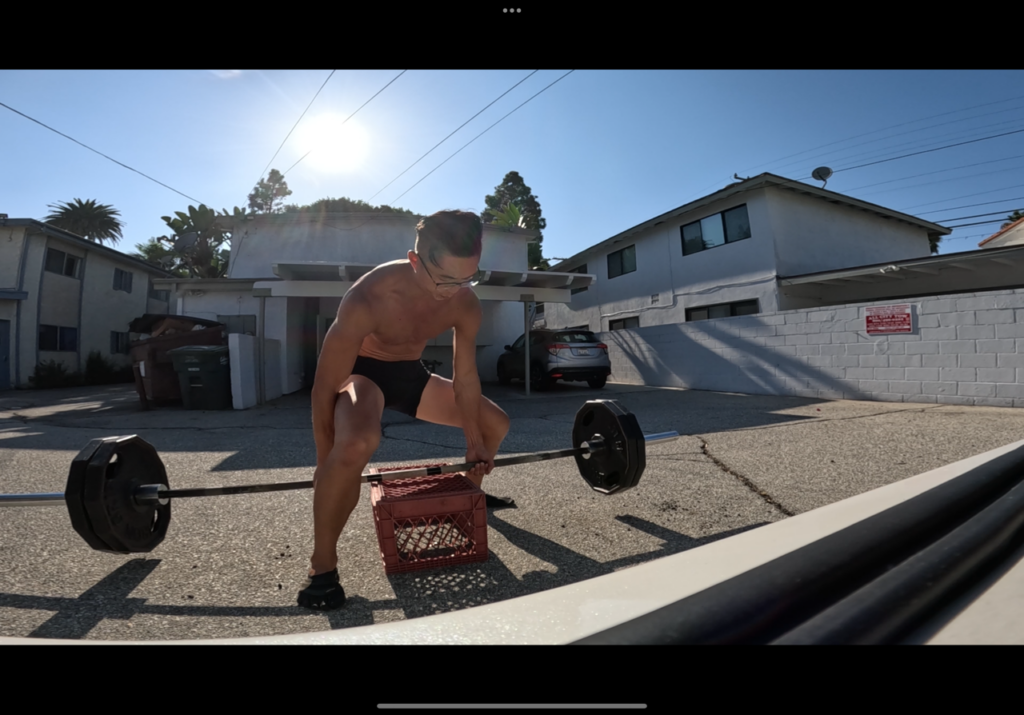

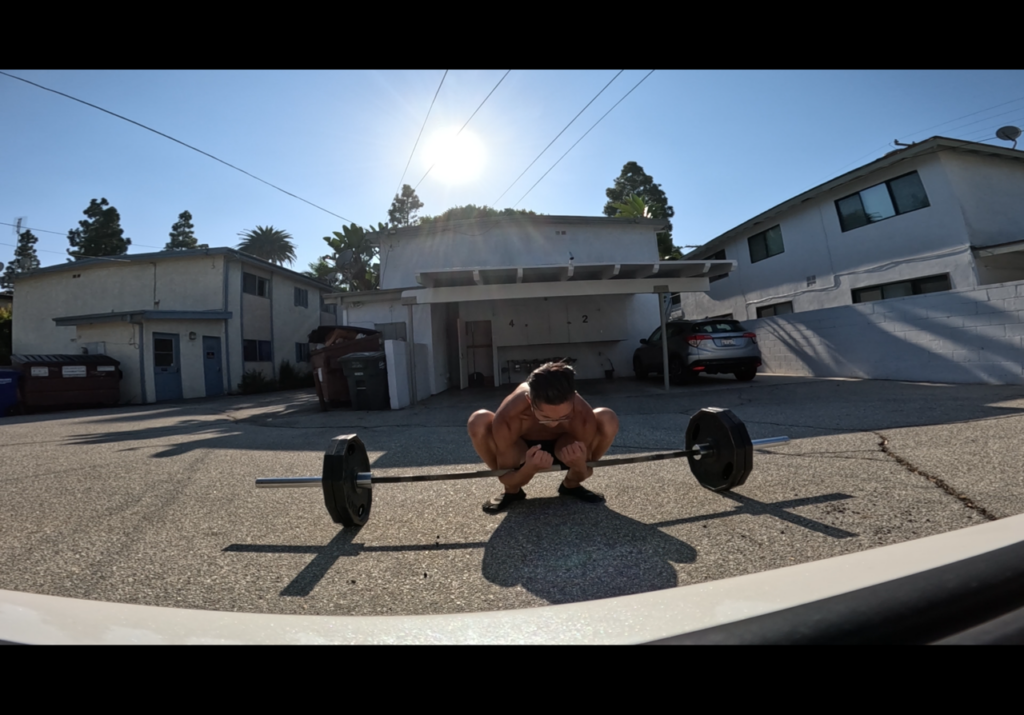
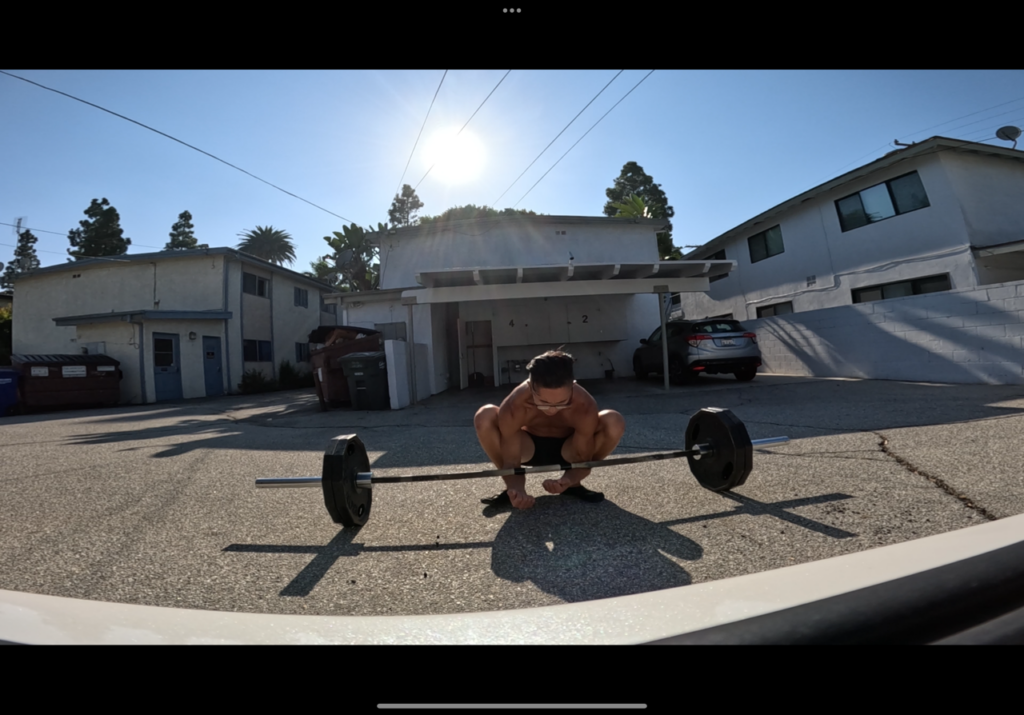
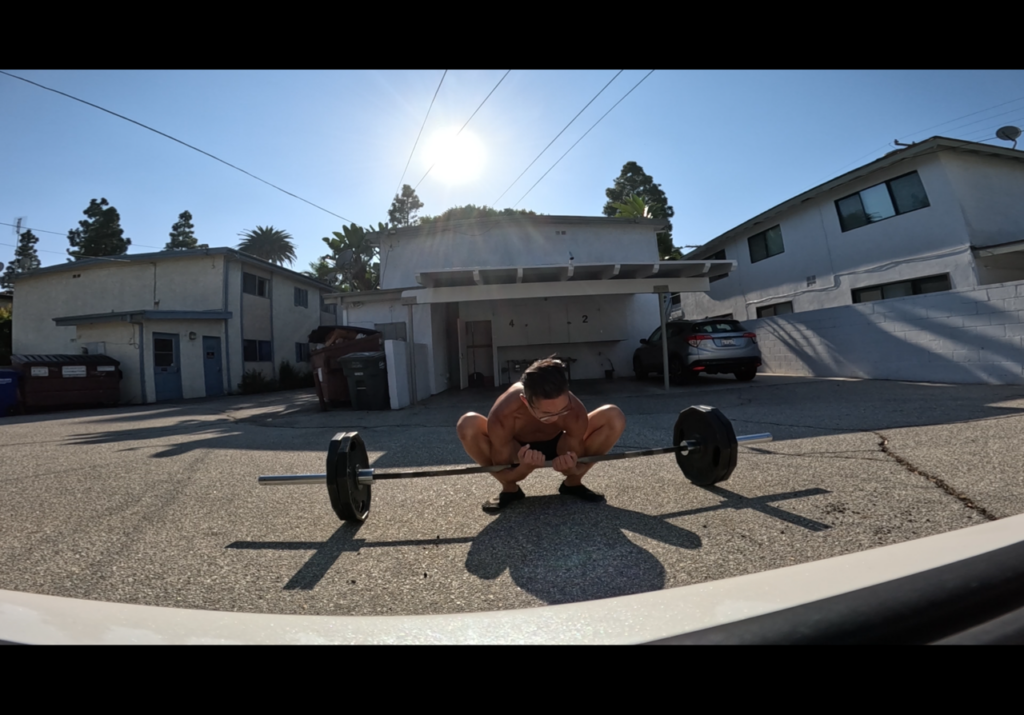
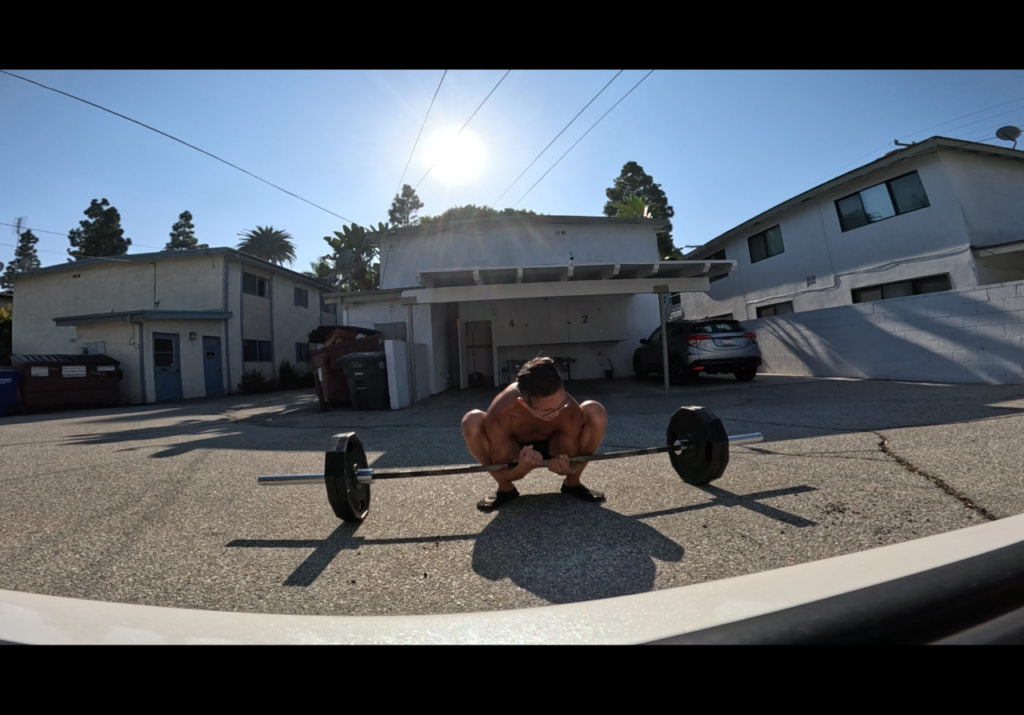
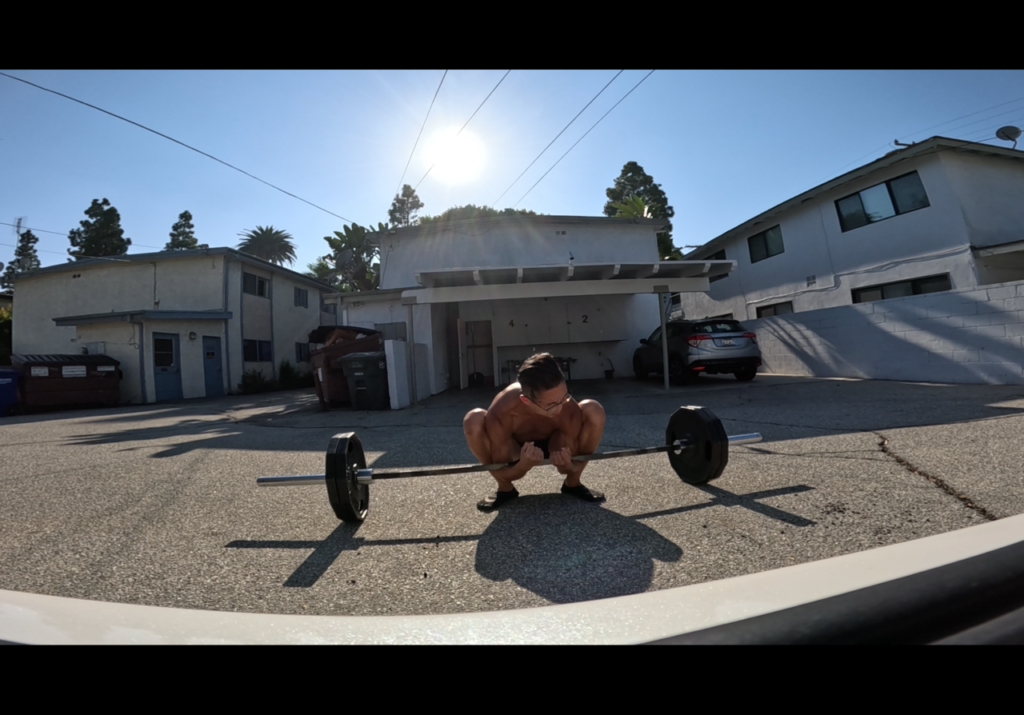
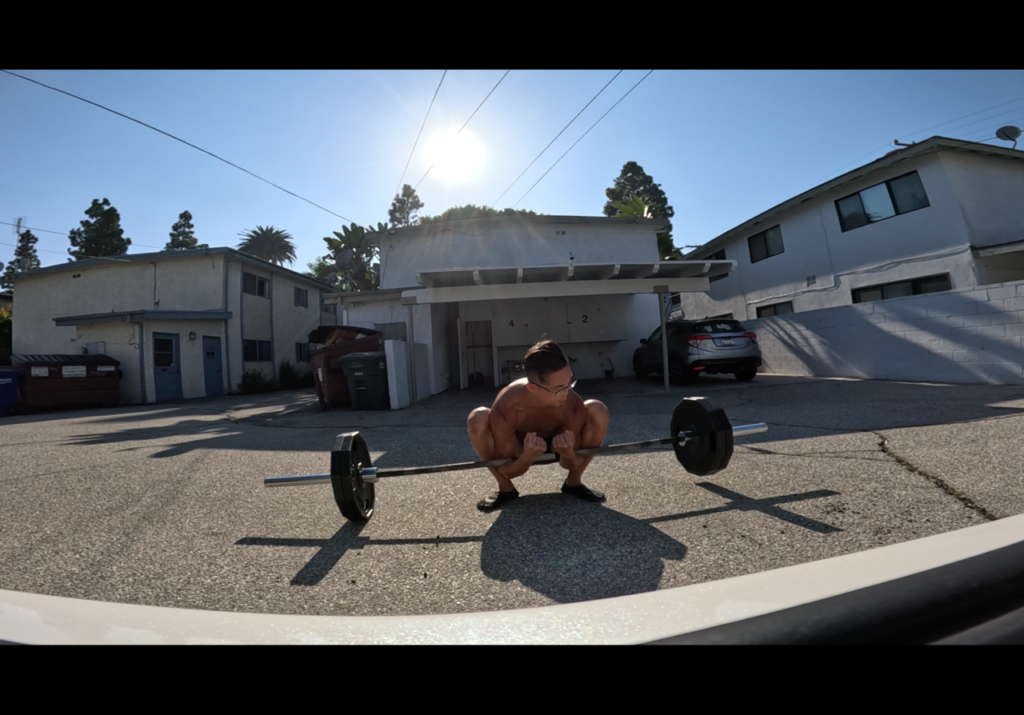
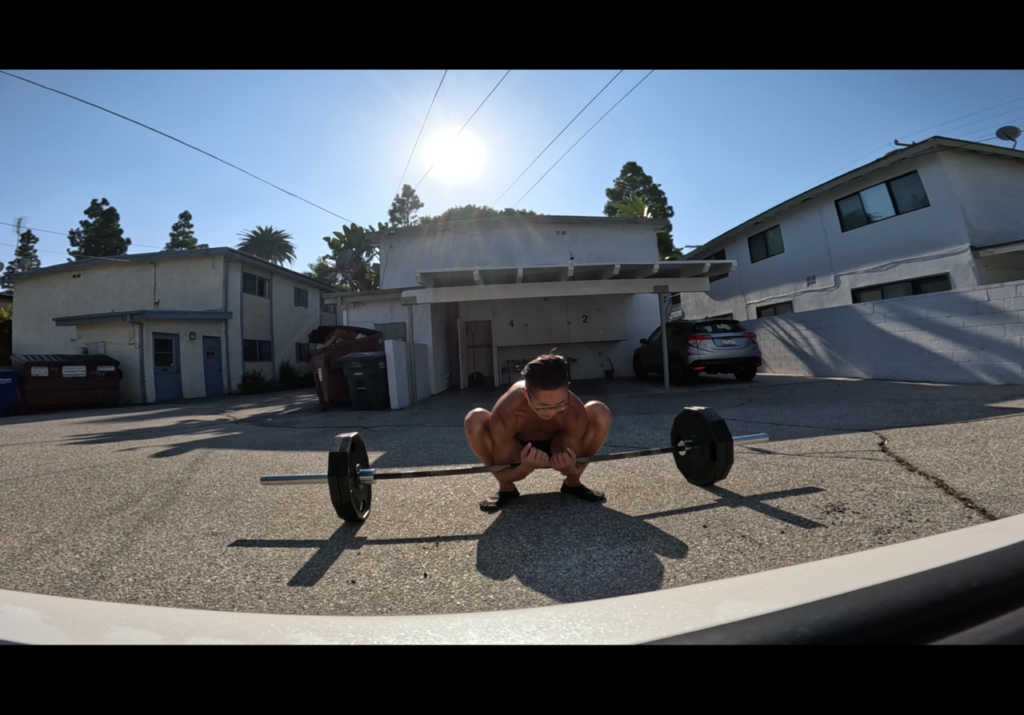
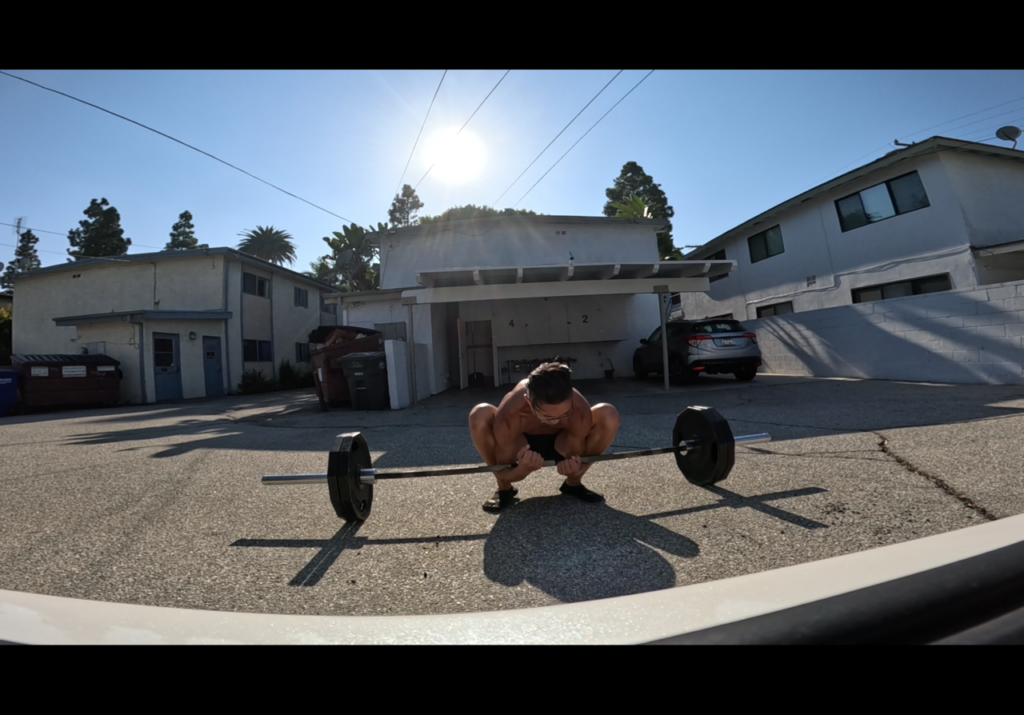
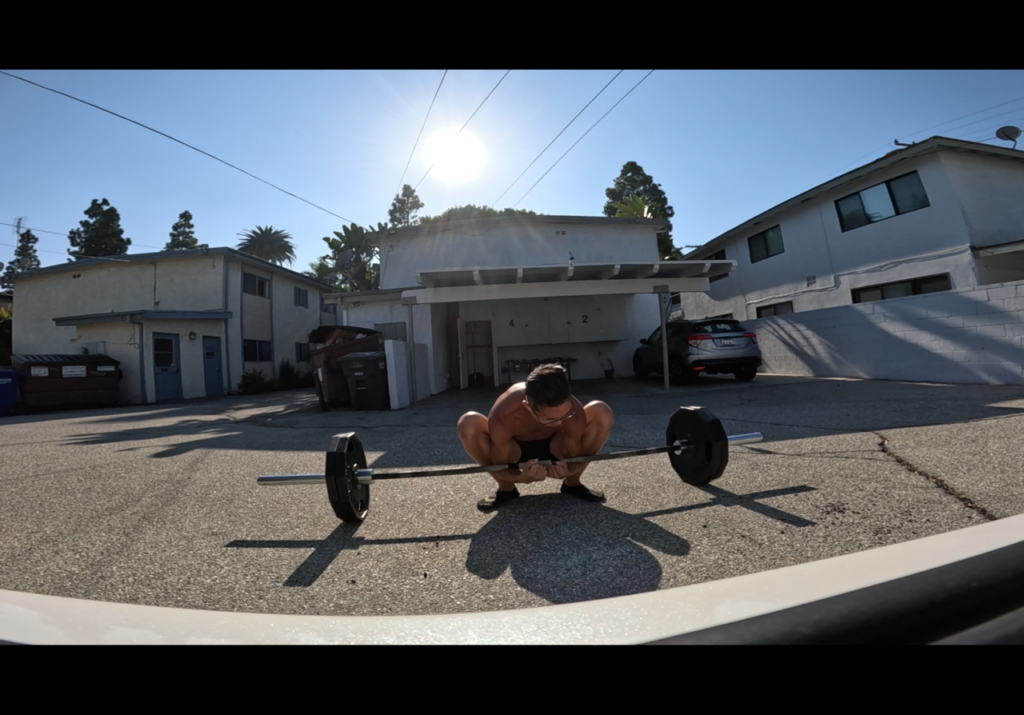
DEMIGOD GOALS.
























































Ghetto fabulous:
Get it:
Your body as the ultimate tool and weapon!
Most people hate their bodies and seek happiness in things? I say find happiness in your body instead!
Body thoughts:
Over is better than under:
When I was a kid growing up, to be a “overachiever“ was seen as a double edged sword; on one hand, it was greatly respected admired, a desired thing. Yet at the same time, a lot of kids would tease and make fun of kids who were “tryhard“. That in fact, trying “too” hard, and aiming to achieve was seen as a negatively bad thing.
It is my personal thought that to overachieve is a positively good thing. For example, can one imagine an Elon Musk who wasn’t an overachiever? Or a Kanye West who wasn’t was an overachiever? Or a Jay Z who wasn’t an overachiever?
Achieve — head? Same as chief?
To (ad) caput?
What does it mean to achieve, and what are the logical consequences of it?
*kap- head. Same word as capital.
Achever— to finish, to complete.
I think in modern day English, or modern day times, to achieve is to seen as succeed, to be number one, to advance, and a lot of achievement notions typically comes from academics and academia. For example, to achieve or scholastic achievement has to deal with getting straight A’s, getting a 4.0 GPA or a beyond a 4.0 GPA, getting into high-ranking universities, scoring high on standardized testing etc.
A generalize way we could think about achievement it’s a simply set a personal goal on something, and obtain it. To seize it.
*kap- to seize, to hold.
HODL — hold on for dear life, a notion that we get from the cryptocurrency world.
To hold. What does it mean to hold? To grip onto something, to grasp. It has to do with grip strength, and wrist strength.
In the world of finance and economics, holding onto assets, or in Texas “hold-‘em”— you have the option to hold.
Perhaps true hold is a really really good idea. To hold is a good idea in so far much as holding seems like a passive action, but in actuality, it is one of the most virtuous things that you could do. It takes courage and skill to hold, rather than to quickly buy or to sell, in which people over act.
For example one of my friends used to own 50 bitcoin, a while back, but this is when it was valued very low, and after a huge spike, he freaked out, and sold it all. Perhaps the better strategy was for him to just hold, hold it for a decade or two, and if that were the case, he would be able to quit his job and retire.
Seneca is currently two years, eight months old. A new trick you could do is when at the park with me, she can grab the chin up rings, grab it, and hold his body up off the floor! The other day at Barnes & Noble, when washing our hands, she was actually able to Hold and grasp the edge of the sink table, and successfully hold and suspend himself on it!
Maybe this is a new thing we could innovate; to see how strong and how much you could hold?
Even my 1000 pound infamous atlas lift, part of it is a lifting motion, in which I lift the weight off of the rack with my shoulder and legs, but then I hold it up for a second or two before putting it down.
Even when I think about the strongman competitions, there is this Hercules pillar hold competition in which there are two columns, each about 1000 pounds, attached with chain and hand grip. The contestant simply sees how long he can hold the weights together, before his strength gives out.
Maybe also the most virtuous path to entrepreneurship is towards tenacity? How long can you hold and be tenacious?
A concept I am trying to currently think through is about mimesis and mimetic theory. The general gist is this; which desires are implanted in us by society, and which are truly inherent and natural?
Why does it matter? In terms of achievement, what you want to achieve… we need to set some sort of goal. But, is the goal you are setting inherently interesting to you, or is it a goal which is seen as desirable by society?
Durable. Durability. Even Nietzsche once said, “Durability is the first rate good amongst human beings!”
An interesting epiphany that I had is that it seems that with modern day consumerism, durability is actually not what we seek. For example, nobody truly seeks a 100% durable iPhone that will last forever. Why? We need some sort of excuse to upgrade. I think the same thing is with cars; cars are fashion. The second our car has any issues, or needs an “upgrade“, we are very very happy to jump ship, and then to seek some sort of new solution.
Durabilis: Durable, lasting.
I think this matters for many different reasons. First and foremost, with everything in life, we need to posit some sort of desired ends and outcomes. Therefore, if we know what we seek, and what we desire, then we can better straight shot attain, obtain, and pursue that which we desire.
Duro— harden, make hard.
Studying some etymology for the word durable, it seems that comes from the Latin, duro, which means harden, make hard.
Durus: looking further into the Proto Indo European, it seems that it means far, long. Deros— Sanskrit dura which means “far”. Long, extended.
I suppose there are several interesting interventions with this line of thought. First and foremost, then it seems that the desired end outcome is for us to go long. An extended range, and also, to last into the future. Long, extended can be seen as distance, or time and years.
Extended range as good!
Durability doesn’t just mean to be hard, to be robust. The philosophy of durability is to last for a long time, or for us to use the framework an ecosystem for a long time.
For example, cameras. I am a huge fan of the Ricoh GR series cameras, as it is so small compact and powerful. Yet the durability is poor insofar much as the duration you could use it only seems to be about a year. After hard-core use, all of my Ricohs have broken.
Surprisingly, the Lumix G9 that I bought in 2019 while in Japan, has lasted. Something about how it was engineered, and also the fact that it is an interchangeable lens system means that if the lens breaks (mine did), I can simply swap out the lens, and I could still keep using the system.
Whereas with non-interchangeable, non-modular systems, if one component breaks, it is all broken.
The same thing goes with computers. Laptops are bad in so far much as at least with MacBook laptop, you can honestly swap out the parts. This means, if one component breaks, you’re screwed.
What is a durable investment? If we think long, long-term, maybe it is best to think in the 30+ year time span.
For example, a simple thought: will bitcoin prices go up or down in 30 years? Will more people use cryptocurrency or less in 30 years? Or, will we use our phones more for financial things? Or less? Will finances become more digital, or paper hard cash based?
30 years from now, what will we still need? A habitat somewhere to live, food.
Nobody likes to think 30 years ahead, because we want to live in the now. Yet this is my simple thought:
Live today, insanely frugal and scrappy, Spartan. Yet in terms of your investments, think 30 years ahead, like a demigod.
In modern day society, we have a strange relationship with our bodies. We know that it is important and critical, yet, we sacrifice it for other things like money, prestige, “productivity”, mental faculties, building capital, etc.
Yet at the end of the day, none of these things are possible without our bodies. And also a reverse thought:
What is the opposite should be done? That the ultimate endgame is to beautify and strengthen our bodies to the maximum, and money and capital and all these other things were simply to aid that end goal?
For example, modern day work and office work. I think I got it figured out. Essentially you sacrifice your health and well-being for money.
For example, if you work in the modern day office job, doesn’t matter if it is an investment banker, lawyer, attorney, money manager, programmer, etc.… essentially what you are doing is prostituting your body mind and soul for greater money and capital gains. Let us consider the inordinate amount of time we spent sitting; sitting in a car when committing to work, or sitting in the train, or sitting in the bus, sitting in the metro, or sitting in the office, sitting at our computer office chair, sitting down in meetings, etc. And all of that time we spend indoors which is positively bad for our health.
My general thought is that morality “ethics“, religious rules of conduct is essentially soft forms of coercion and power control. For example, these “rules“ governing our speech, our social behaviors, our comportment and how we leverage and carry our bodies, what we do what we say, what we don’t do what we don’t say, what we desire what we don’t desire etc. Essentially almost 99% of our physical or mental activities is directed towards some other ends, which is often not our own.
For example, Confucianism. This ridiculous idea that no matter what, whether good or bad, one must always respect their elders. But why? Once again, another form of social control.
Or, the notion of “saving money“, or “not wasting“ water, electricity, etc. Yet once again, why are these things considered a virtue?
I legitimately believe that using the hot sauna, at least once a day, who knows maybe even twice a day, might be one of the greatest things that you could do for your body, your health, your physiology, your well-being etc.